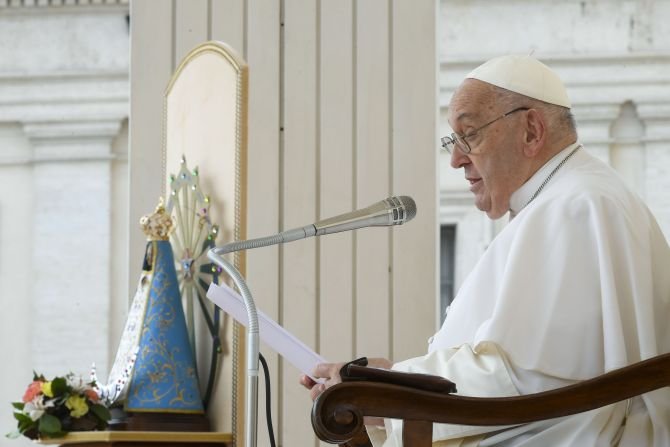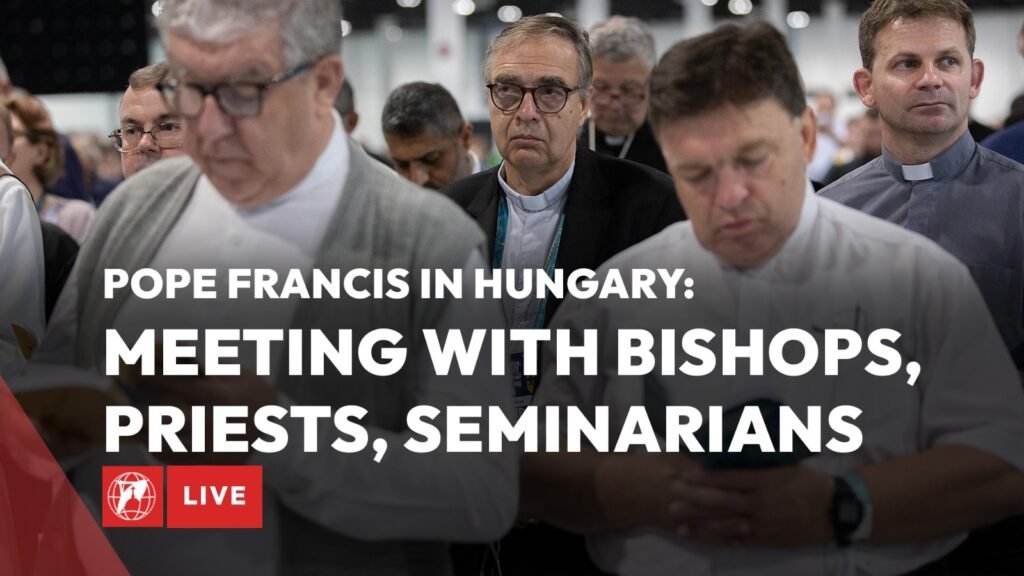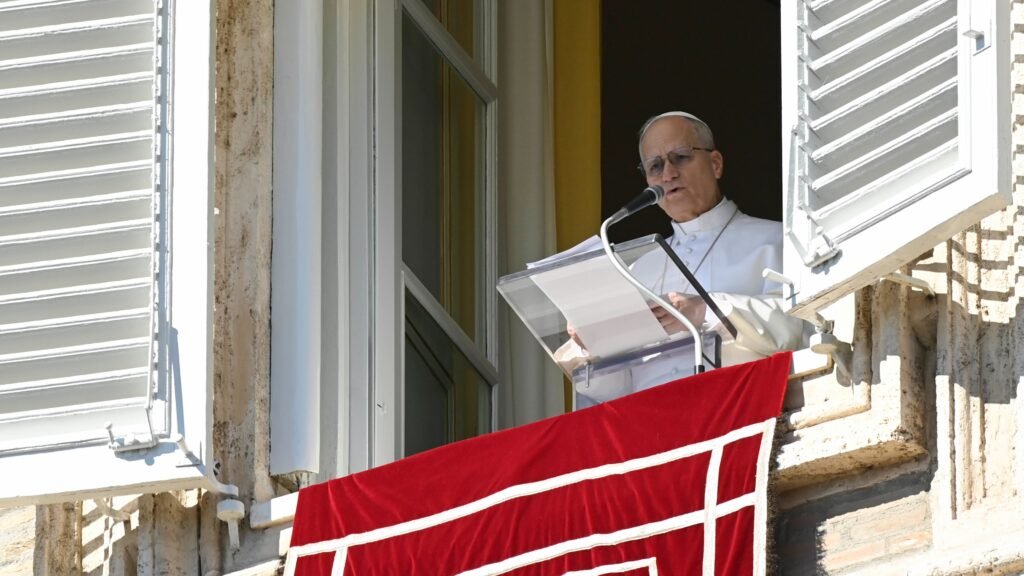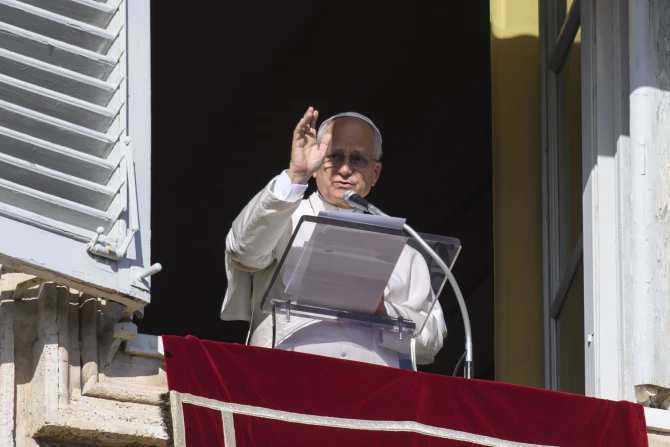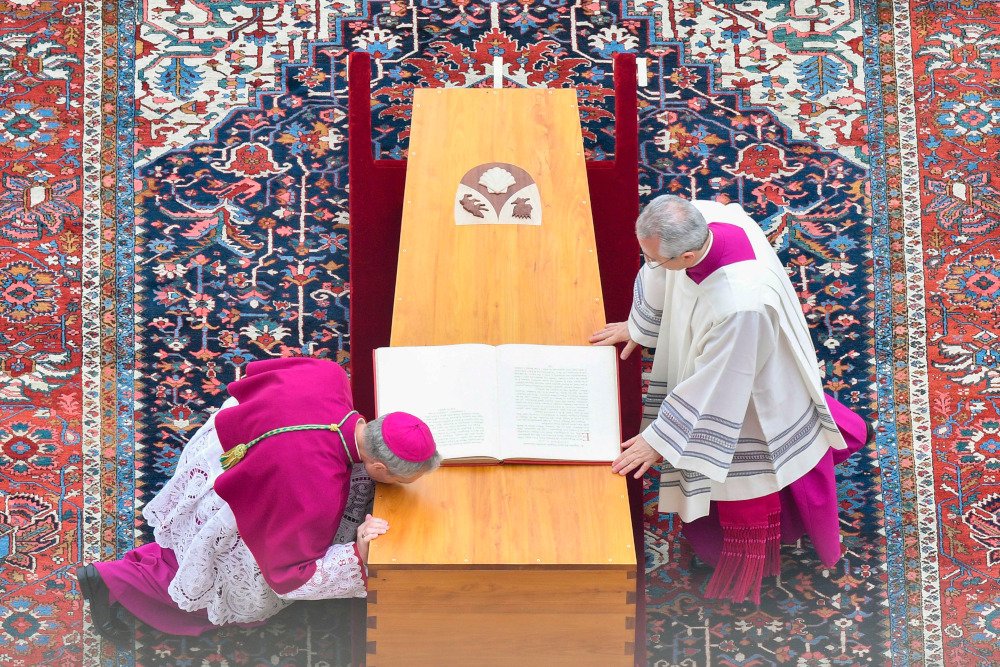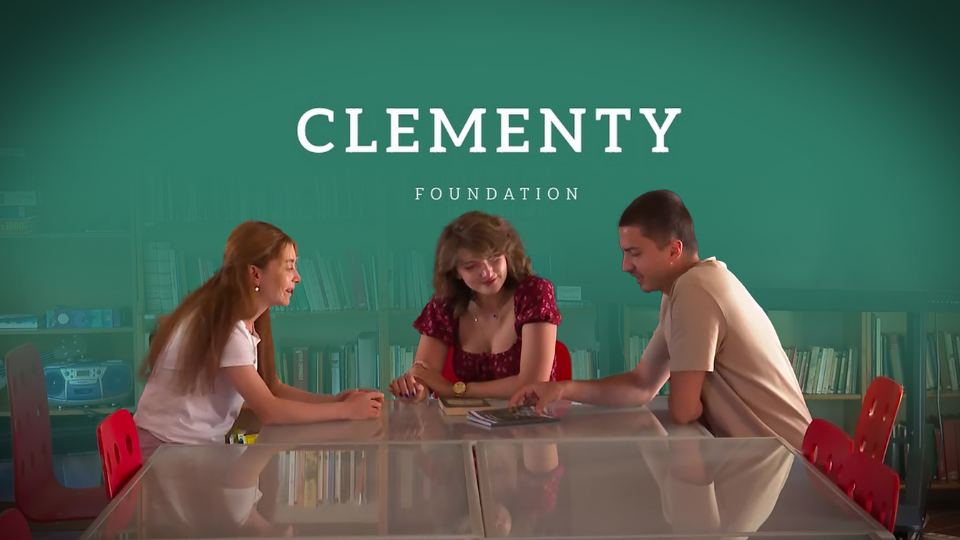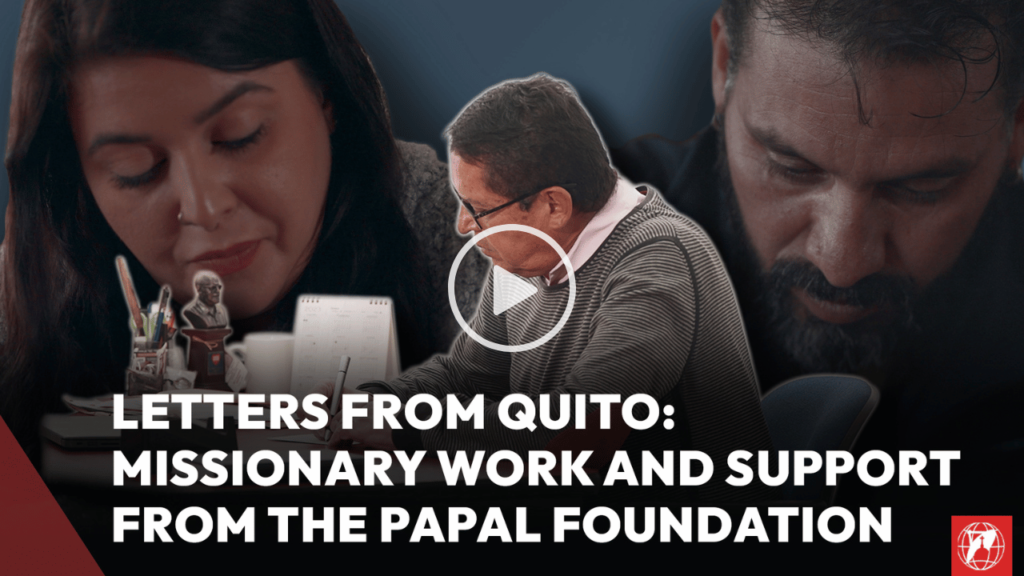During the papal general audience on Wednesday Pope Francis focused on the importance of the theological virtue of hope, noting that it is both a fundamental building block of the Christian life, orienting believers toward the future, as well as a powerful antidote to nihilism.
“Christians have hope not through their own merit. If they believe in the future, it is because Christ died and rose again and gave us his Spirit,” the pope said to thousands of faithful gathered in St. Peter’s Square.
“We say that hope is a theological virtue. It does not emanate from us, it is not an obstinacy we want to convince ourselves of, but it is a gift that comes directly from God,” he continued.
Looking to St. Paul as an example, Francis observed that the apostle established a “new logic of the Christian experience” for many “doubting Christians” when he explained that the “resurrection of Christ” is a bedrock upon which a new life is born, and that “no defeat and no death is forever.”
The pope reflected on the central role hope plays in the daily lives of Christians, noting that it is an “answer offered to our heart,” thereby enabling Christians to confront pressing existential questions such as: “What will become of me? What is the purpose of the journey? What is the destiny of the world?”
The pope cautioned that the absence of hope “produces sadness,” which, in turn, could impress a nihilistic attitude where one falls into the belief that there is “no meaning to the journey of life,” a tendency the pope sharply rebuked as antithetical to Christian life.
“If hope is missing, all the other virtues risk crumbling and ending up as ashes,” Francis warned.
He added that the sins against hope can manifest in “bad nostalgia,” “in our melancholy,” “when we think that the happiness of the past is buried forever,” or when “we become despondent.”
Looking up from his prepared remarks, the Holy Father repeated twice the affirmation: “God forgives everything; God always forgives.”
“The world today is in great need of this Christian virtue,” Francis declared, noting that the virtue of hope is closely linked with patience, which, when both are taken together, form the fundamental attributes of those seeking peace.
“Patient men are weavers of goodness. They stubbornly desire peace,” the pope said. “Those who are inspired by hope and are patient are able to get through the darkest of nights.”
This article was originally published on Catholic News Agency.

